Governor Ron DeSantis of Florida has signed into law new regulations that will reshape the content taught in teacher training programs across the state.
This law, aimed at eliminating what DeSantis calls “indoctrination in teacher preparation,” strictly prohibits any curriculum that suggests the existence of systemic racism, sexism, oppression, and privilege in U.S. institutions.
Objective Education Goals Stressed
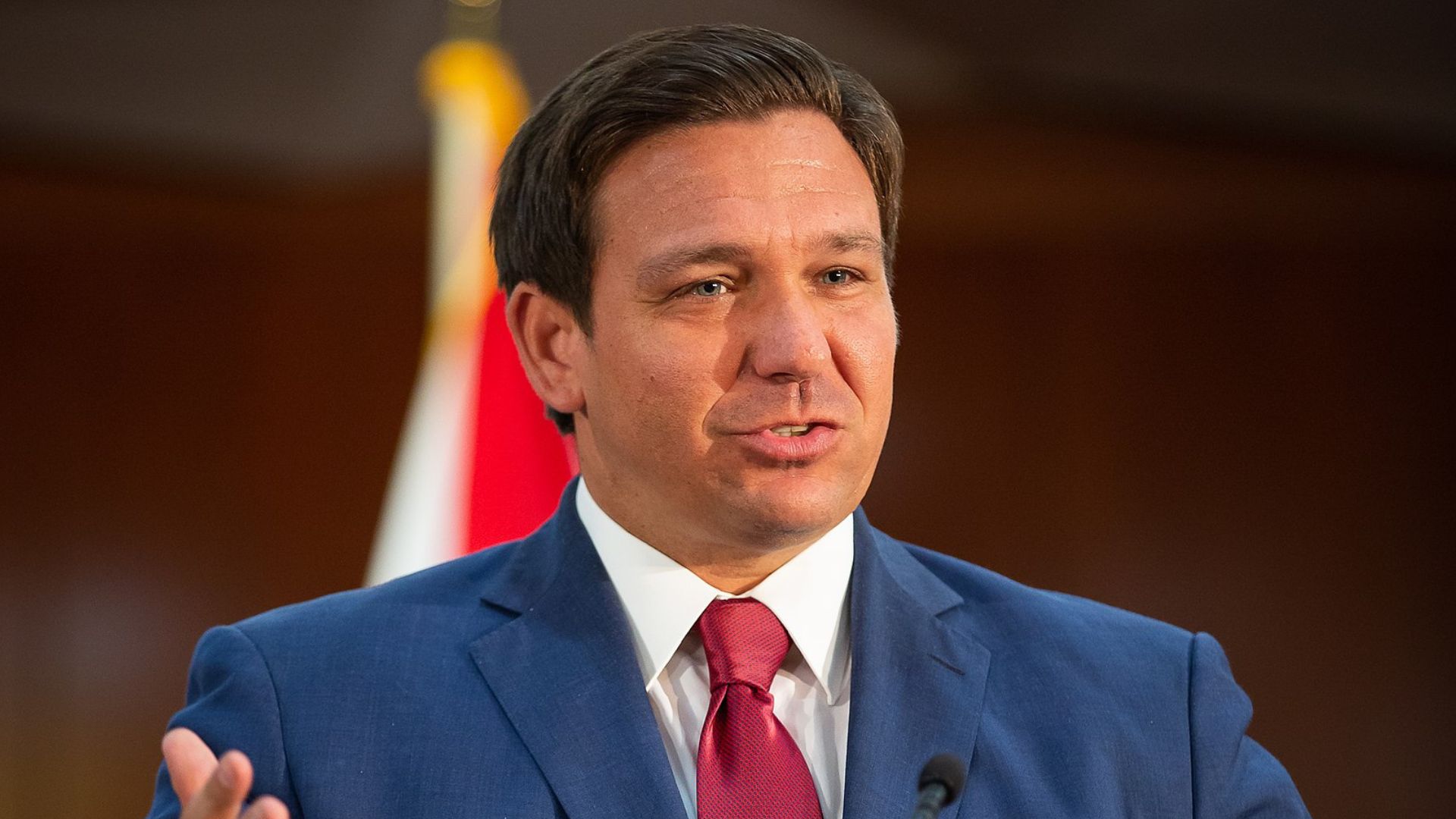
Governor DeSantis emphasized that the legislation aims for an objective approach to teacher training.
He stated, “There’s not going to be any DEI, there’s not going to be any of the bogus history, it’s just going to be standard teacher preparation without having an ideological agenda.”
Details of the New Educational Law

Set to take effect on July 1, the law specifies that educational programs should not “distort significant historical events” and must encourage aspiring educators to “think critically.”
This directive aligns with the legislation’s goal to foster a factual and unbiased educational environment in Florida’s schools.
Governor DeSantis’ Vision for Education
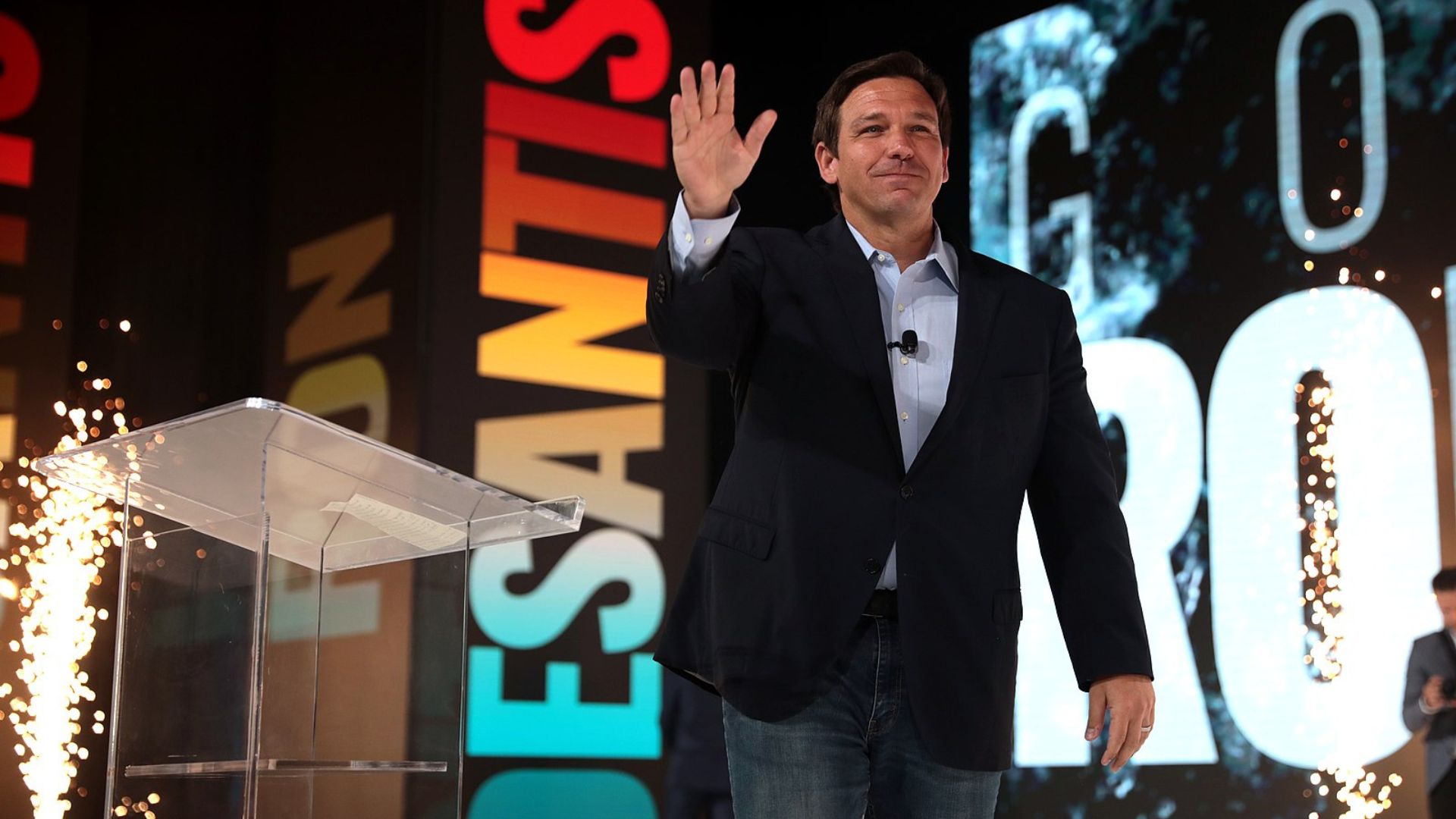
In his comments during the signing, Governor DeSantis critiqued current educational methods involving discussions of diversity and systemic inequality as ideological rather than educational.
His vision is clear: education should be free of what he considers ideological biases, focusing solely on universally accepted historical facts and critical thinking skills.
Legislative Support and Opposition
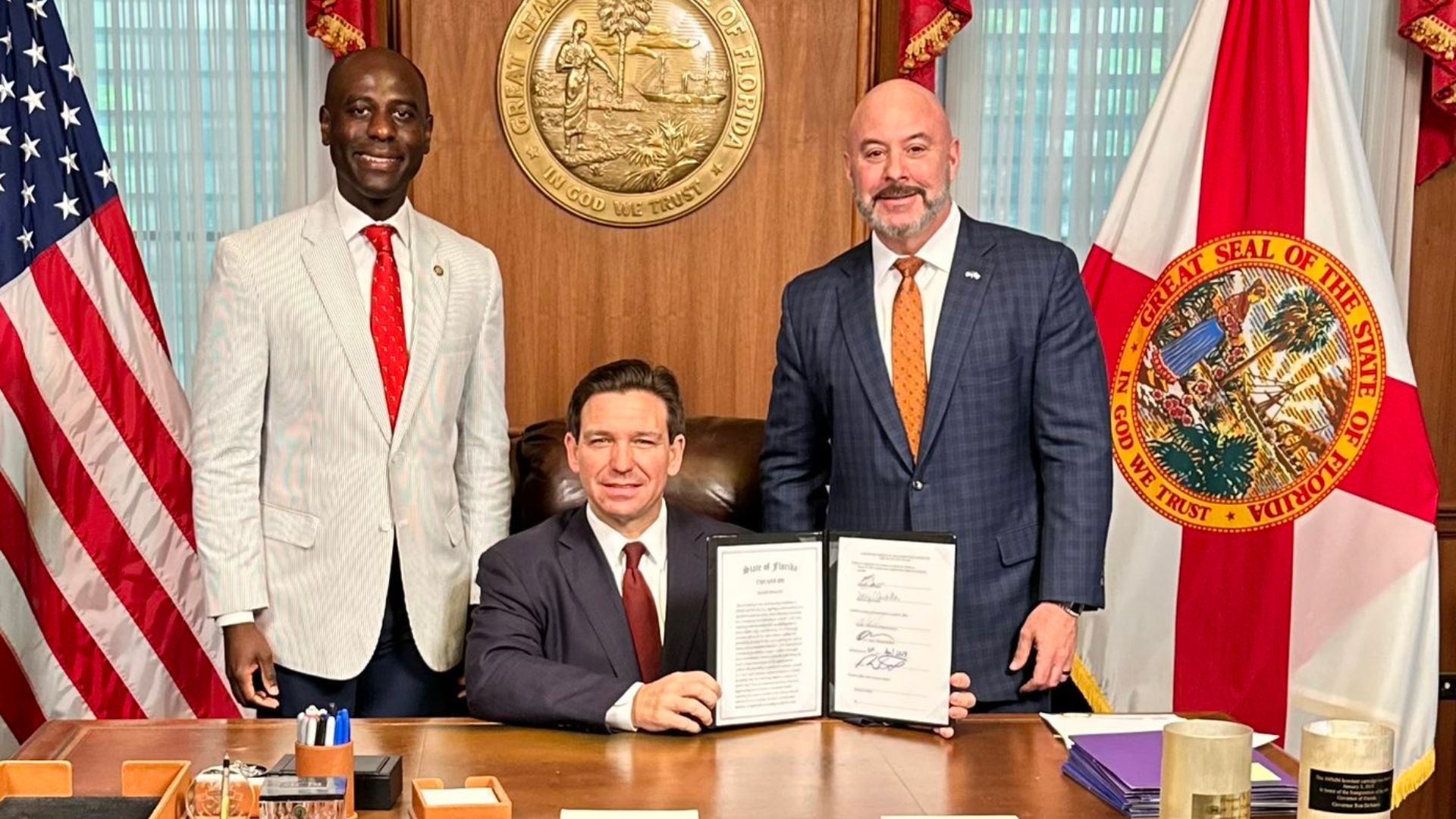
The law was celebrated by its sponsors, including Rep. Berny Jacques, who remarked during the signing, “And with the signature today … we will take out the trash once and for all here in the state of Florida.”
This statement illustrates the strong support among some legislators for removing certain theories from the educational curriculum.
Criticism from Educational Leaders

The legislation has faced criticism from various educational leaders.
Andrew Spar, President of the Florida Education Association, expressed concerns to Crisis in the Classroom (CITC), stating the new law forces teacher training programs to “ignore the reality of our state’s public education disparities.”
Advocating for Better Teacher Compensation

In addition to criticizing the educational content changes, Spar advocated for improved investment in Florida’s public education system.
He highlighted the state’s low ranking in teacher pay, suggesting, “Florida can do better for our students by investing in public education, moving teachers from #50 in average teacher pay to top 10.”
Historians Oppose the Bill

The American Historical Association also voiced opposition in a letter sent to Florida legislators in February.
They warned that the law could prevent educators from “teaching history with integrity” and undermine the professional judgment of individual teachers.
Part of a Larger Educational Reform
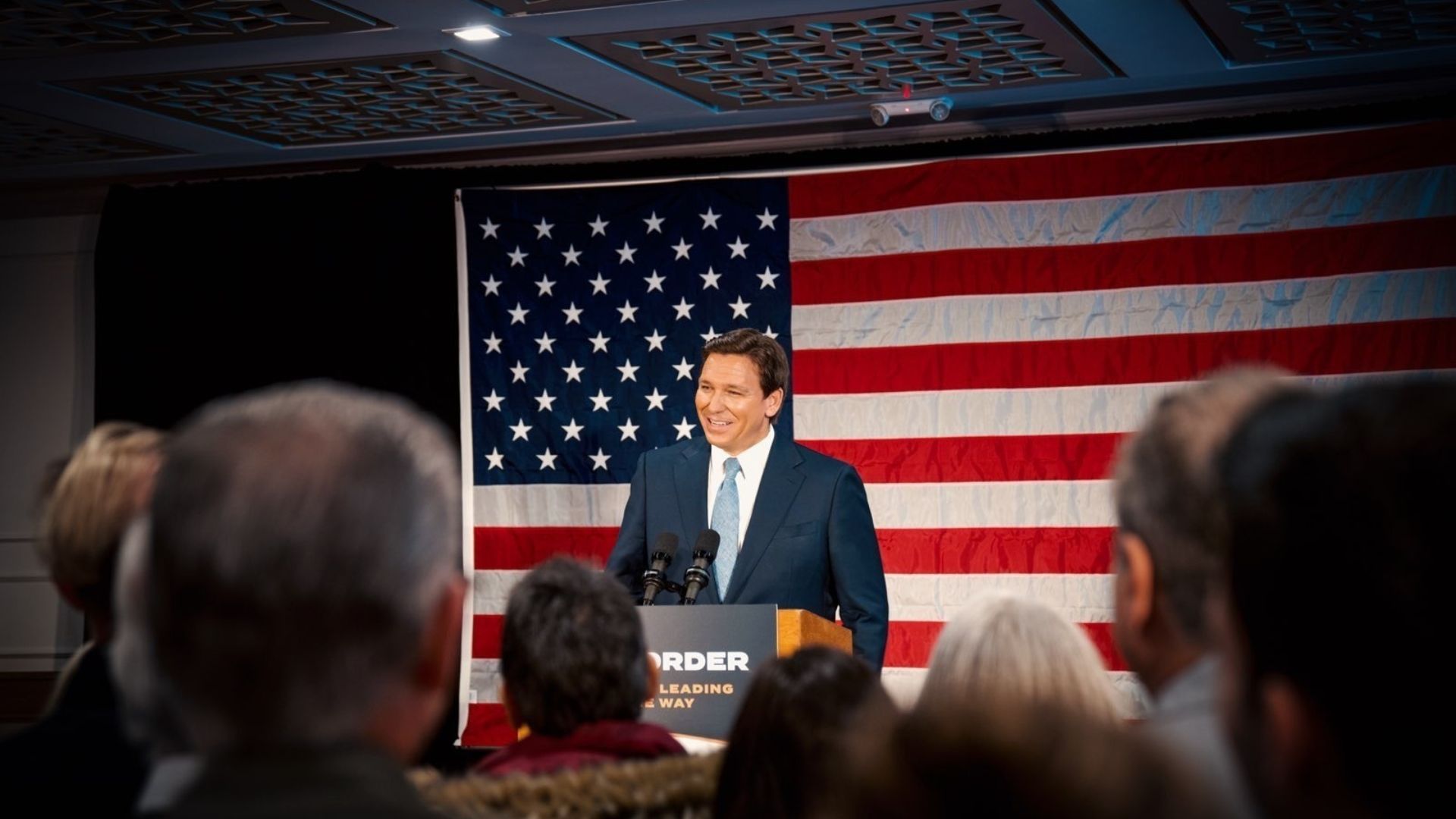
This new law is not an isolated change but part of broader educational reforms under Governor DeSantis’ administration.
These reforms include recent legislation that mandates teaching about the “evils of communism,” requiring a history of tactics used by American communist movements and negative events under communist regimes starting in the 2026-27 academic year.
Impact on Future Teachers

The law is poised to significantly influence the training of future educators in Florida by setting strict guidelines on the content that can be included in educator preparation programs.
This directive aims to standardize what is taught, ensuring that future teachers receive a consistent and focused educational foundation.
Preparations for Implementation
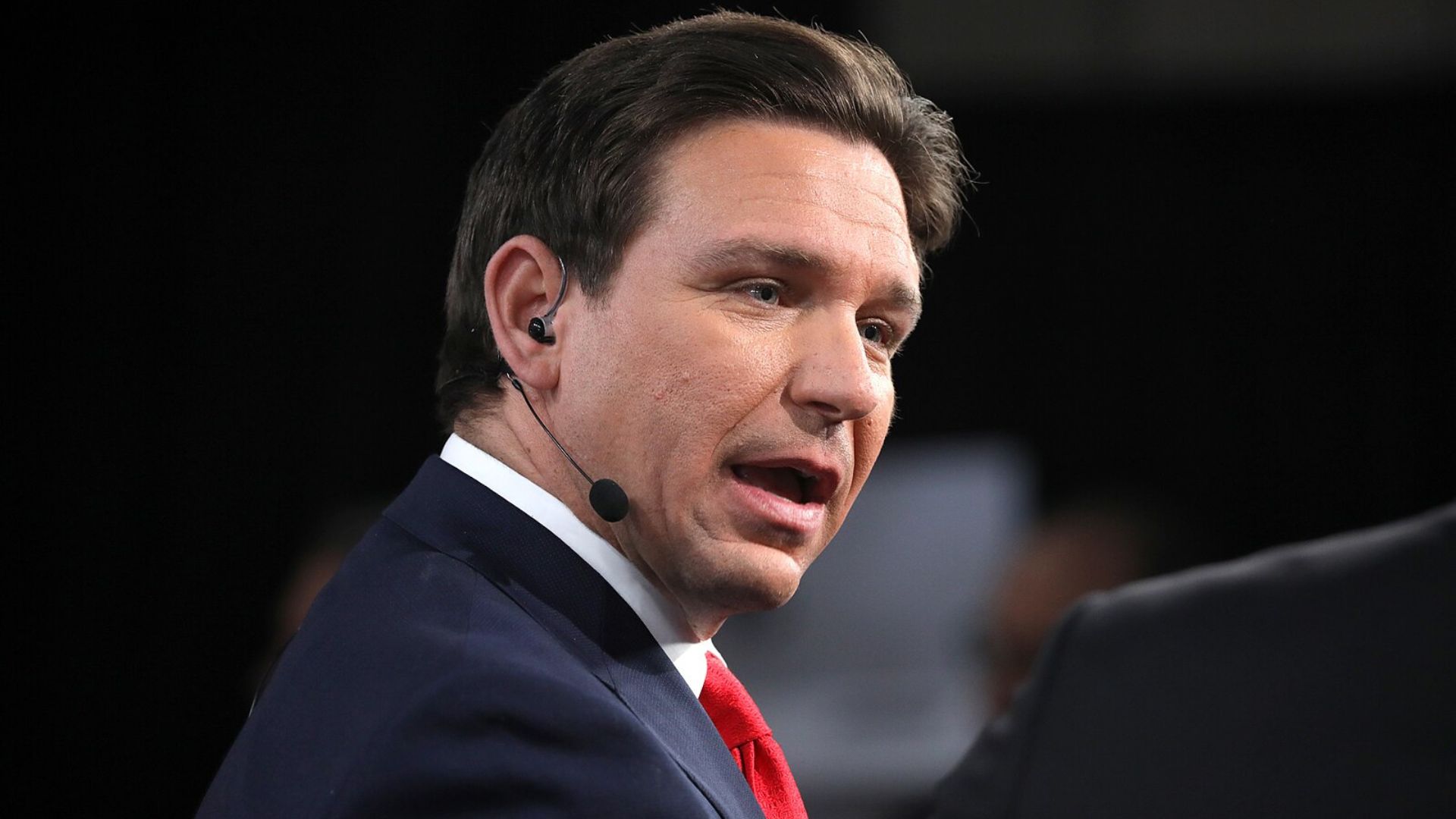
With the implementation date approaching, school districts and higher education institutions in Florida are preparing to adjust their curriculums to comply with the new law.
These changes are expected to alter the landscape of teacher preparation significantly, focusing on a curriculum that excludes discussions deemed ideological by the legislation.
Watching Florida’s Educational Changes

The enactment of this law places Florida at the forefront of a national conversation about the role of education in addressing or omitting discussions of diversity and historical interpretation.
As such, the state’s educational policies under Governor DeSantis are being closely watched by educators and policymakers across the country, setting a possible precedent for others to follow.

